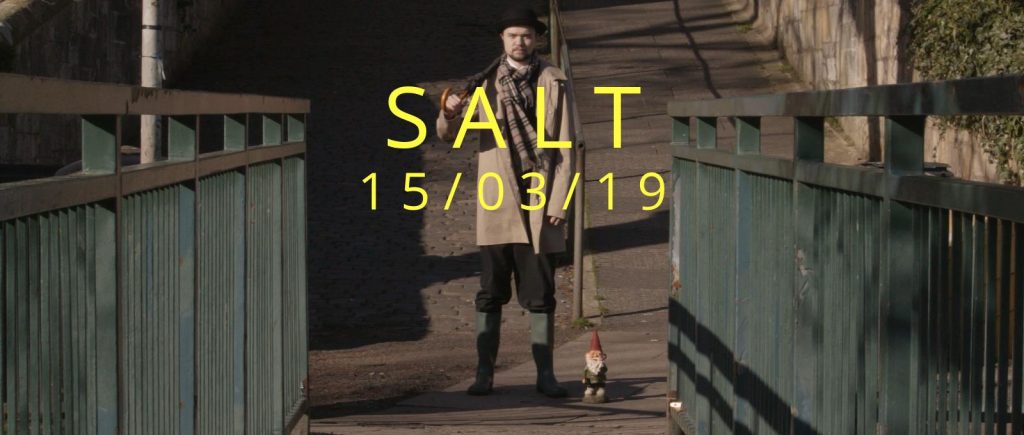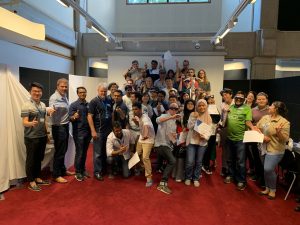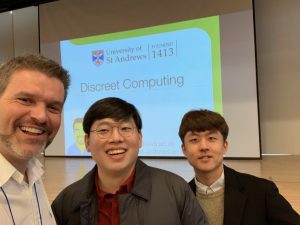 Professor Aaron Quigley will take up the role of SICSA Director from July 2019. SICSA is the Scottish Funding Council Research Pool in Informatics and Computer Science comprising all 14 Scottish Higher Education Computer Science & Informatics Schools and Departments. SICSA promotes international excellence in University-led research, education, and knowledge exchange for Scottish Informatics and Computer Science and acts to cohere communities to help increase critical mass and to enable cooperation in research, teaching and Knowledge Exchange. The SICSA Director provides academic leadership for SICSA, working with the SICSA Directorate and the SICSA Executive.
Professor Aaron Quigley will take up the role of SICSA Director from July 2019. SICSA is the Scottish Funding Council Research Pool in Informatics and Computer Science comprising all 14 Scottish Higher Education Computer Science & Informatics Schools and Departments. SICSA promotes international excellence in University-led research, education, and knowledge exchange for Scottish Informatics and Computer Science and acts to cohere communities to help increase critical mass and to enable cooperation in research, teaching and Knowledge Exchange. The SICSA Director provides academic leadership for SICSA, working with the SICSA Directorate and the SICSA Executive.
“SICSA funding has enabled SICSA members to recruit over 90 high-quality Ph.D. students from across the world through our Prize Studentship Programme. Similarly, SICSA has provided SICSA member institutions with the opportunity to recruit some of the world’s best researchers to their Schools. SICSA delivers a range of programmes and activities to support Computing Science researchers at all levels in Scotland.”







